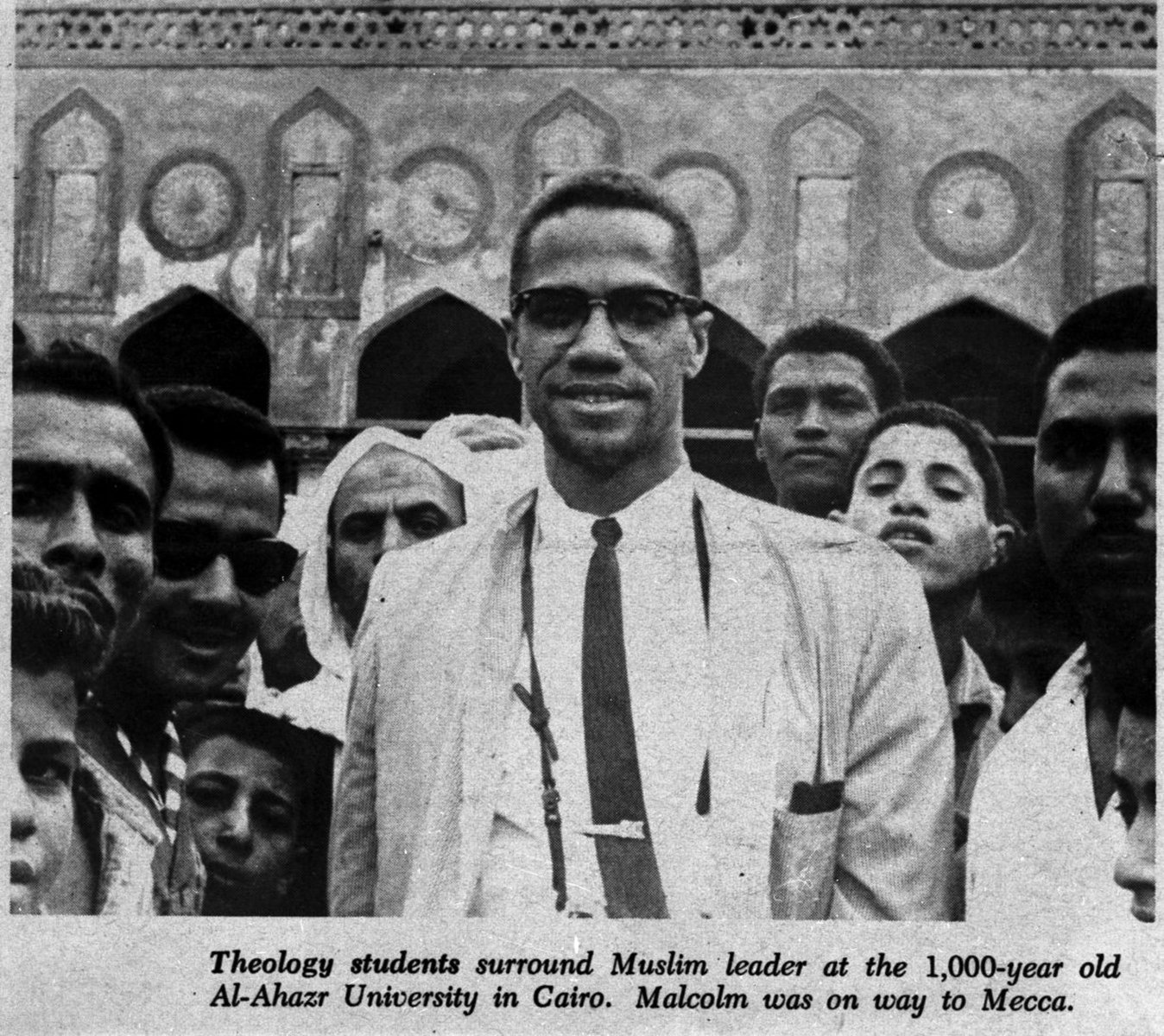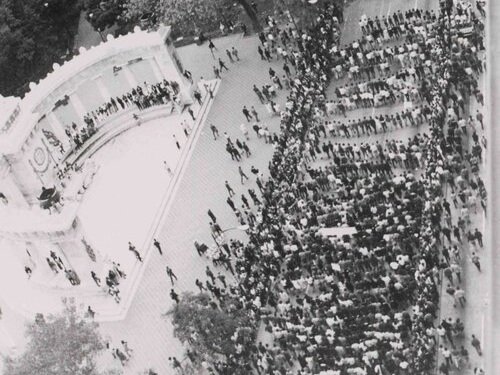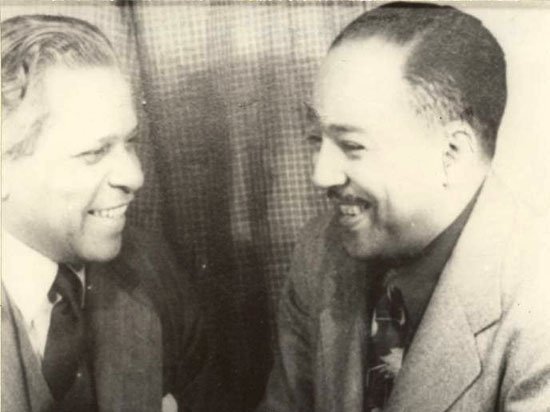Additional Lessons
LESSON
Civil Rights or Human Rights?
By Andrea McEvoy Spero
Teachers tend to present the Civil Rights Movement as a distinctly American event, from Montgomery to Memphis, with the Voting Rights Act of 1965 as its crowning moment. The term "civil rights" limits our understanding, since it refers specifically to rights guaranteed by the Constitution or protected through legislation. To conceptualize the African American Freedom Struggle as part of a global movement for human rights invites a deeper understanding of the international events of the last century.
LESSON
Movers and Movements: Fighting for Social Justice in South Africa
By Brenda Randolph
A mixer to help students understand that the freedom struggle in South Africa was a collective effort involving multiple strategies in the context of a larger movement.
LESSON
South African Unions Struggle for Justice
By Bill Bigelow
The South African anti-apartheid movement is often mischaracterized in the U.S. as simply a fight for political rights, culminating in the election of Nelson Mandela as the country’s first freely chosen president. However, Black unions linked their political objectives for an end to racial oppression to their campaigns for higher wages and better working conditions. This lesson invites students to imagine themselves as Black union activists at the height of the anti-apartheid movement in the 1980s and poses them problems that confronted real-life organizers at the time.
LESSON
Students Confront the Government: The Massacre at Tlatelolco
By Resource Center of the Americas
A lesson on the Mexican student movement and the October 1968 massacre of hundreds of students.
LESSON
Congo, Coltan, and Cell Phones: A People’s History
By Alison Kysia
More than 5 million people have been killed in Democratic Republic of the Congo since the late 1990s. Just as the bloodshed of the colonial period was financed by highly lucrative natural resources like rubber, the violence today is likewise fueled by natural resources, including coltan, a mineral required for cell phone production. This role play activity allows students to look back at Congo’s history and see the connections between the brutality of colonialism and the contemporary injustice in Congo.
LESSON
The Influence of Musical Folk Traditions in the Poetry of Langston Hughes and Nicolás Guillén
By Kathryn Gray
Langston Hughes and Nicolás Guillén were both young men of African descent born in 1902 who wrote poetry concerned with racial and class issues. One was raised in Cuba, the other in the United States, one in Spanish, the other in English and both had parents of mixed racial descent. In this unit, students explore how the two poet friends share a pattern of using musical influence in their poetry.






